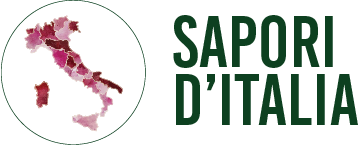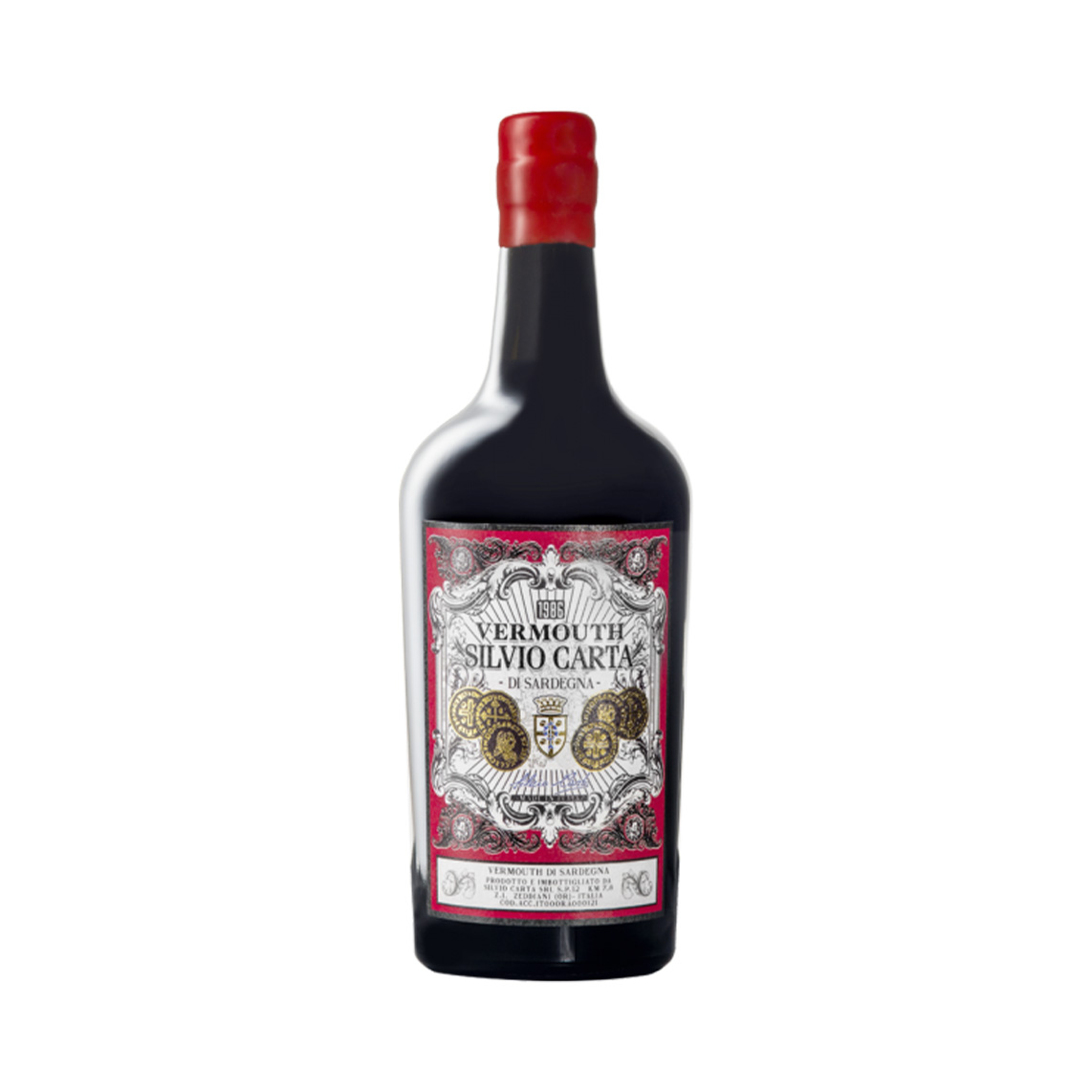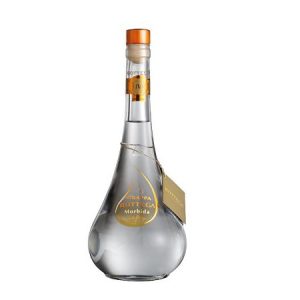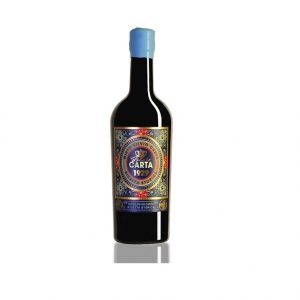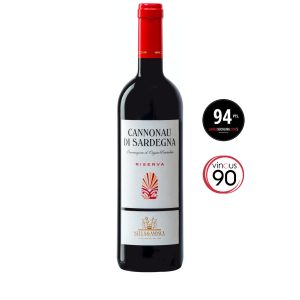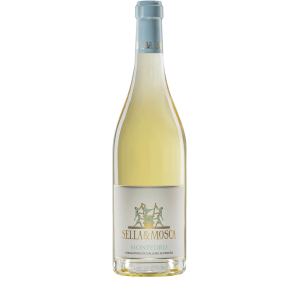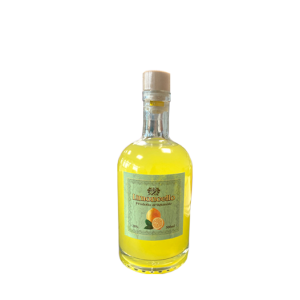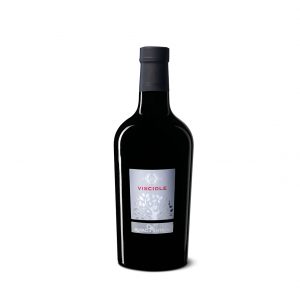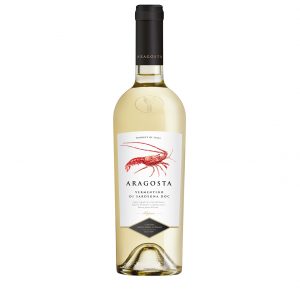Description
Vermouth Silvio Carta
Area: Sardegna/ Sardinia
Typology: liquor wine.
Bottle size: 75 cl
Alcohol content: 18% Vol.
Aspect: intense ebony.
Scent: aromas of the maquis such as rosemary, bay leaves, pine needles, resins and pine nuts, on a delicate sea breeze background.
Taste: intense, soft and round, in perfect balance with the alcohol note. Rich aftertaste, with scents of herbs and ripe fruits, and a clean, firm ending that carries a long mineral trail.
Curiosities
With Second World War in full swing, able men were all at the front while, in the countryside, young boys and retired men were working to help families survive. Due to the available workforce, production was quite limited. Despite this, the government enforced the requisition of foodstuffs, with the immediate result being the birth of the black market. Consequently, it became necessary to hide the real production of various goods. Exchanged in wooden containers with a capacity of 50 litres, wine was hidden among shrubs in the countryside. In Sardinia, helichrysum shrubs were used. That idea worked well during the cold months, but during the summer the wine acquired not only the helichrysum scent but also a high alcohol content and a strong bitter note. That became a serious problem because nobody wanted such a bitter product. Despite people’s best efforts, it wasn’t possible to understand what happened at the time. The smuggled wine continued to be exchanged, but during winter months only. Later on, it was possible to understand that this characteristic was caused by storing the wine in chestnut barrels. This wood is very large and, during the summer when water was evaporating through transpiration, the alcohol content was increasing causing the wine to get the intense scent of the helichrysum plants. After the war and with the economic recovery in Sardinia, as in the rest of Italy, the trend of Vermouth got a foothold. While tasting it, Silvio Carta remembered what happened with the smuggled wine. He realised that the difference was simply in the addition of sugar. That’s how the idea of producing Vermouth from the Vernaccia wine following the ancient recipe originated, creating a truly unique product in its class
